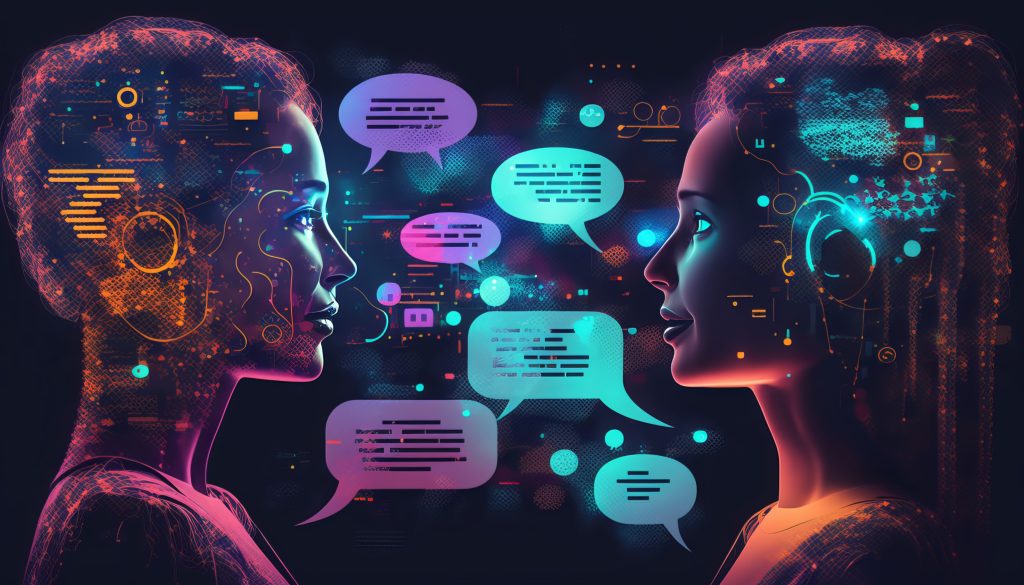
































Workers in Singapore have emerged as the world leaders in adopting AI skills, according to LinkedIn's recent Future of Work report. Drawing data from 25 countries, the report notes that Singapore's 'diffusion rate' of members adding AI skills to their profiles has grown by 20 times since January 2016, outpacing the global average of eight times.
The report attributes Singapore's rapid AI skills adoption to its solid digital infrastructure, effective intellectual property protection, and a thriving venture capital ecosystem. These factors have created fertile ground for AI disruption and have attracted startups and businesses to invest in AI development.
The report further showcased the emergence of generative AI as the fastest-growing AI-related skill in 2022. These skills include question-answering, classification, and recommender systems, which grew by an impressive 332% in the past year.
However, the advent of generative AI and its ability to create content has raised concerns about potential job displacement. A Goldman Sachs report suggests that around 300 million jobs worldwide could be impacted by AI and automation, particularly in fields such as office and administrative support. LinkedIn's analysis further indicates that 45% of teachers' skills are potentially augmentable by generative AI. While AI tools can potentially lighten workloads and help professionals focus on critical aspects of their roles, there remains a significant portion of skills that require human involvement, such as classroom management and special education.
As AI continues to transform various professions, the importance of soft skills becomes increasingly evident. Soft skills, including creativity, leadership, communication, and ethical decision-making, are vital in conjunction with AI automation. They enable professionals to effectively collaborate with both technical and non-technical stakeholders, enhancing the value they bring to their organisations. The US has seen a growing demand for soft skills, including flexibility, professional ethics, social perceptiveness, and self-management, in the workforce. According to a Microsoft report, analytical judgement, flexibility, and emotional intelligence are the top skills that leaders believe are essential.
In conclusion, Singapore's leadership in AI skills adoption, along with the growth of generative AI, raises important discussions about the impact of AI on employment. While concerns about job displacement exist, there is also recognition of the need for a balance between AI augmentation and human involvement. The growing importance of soft skills underscores the evolving demands of the workforce in an era of AI automation.
 Tags quentes :
Inteligência artificial
Futuro do trabalho
Tags quentes :
Inteligência artificial
Futuro do trabalho